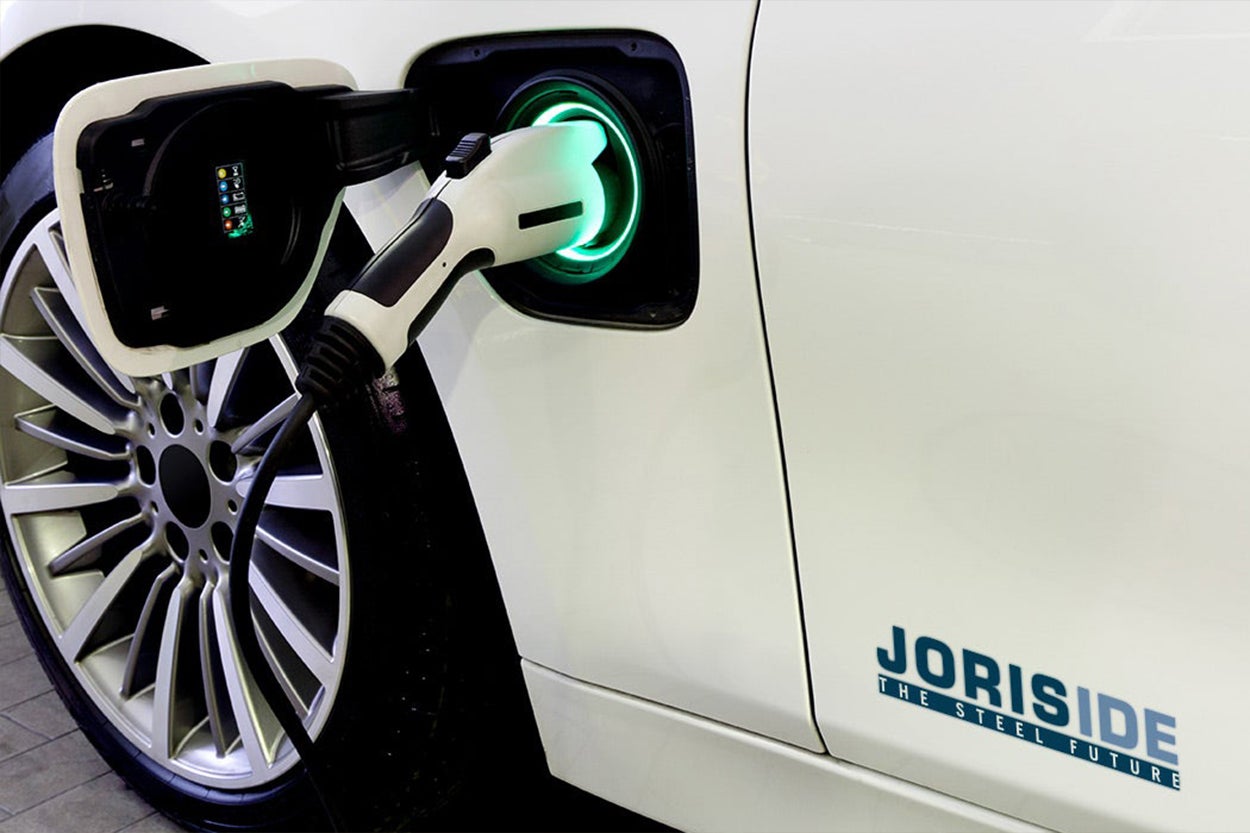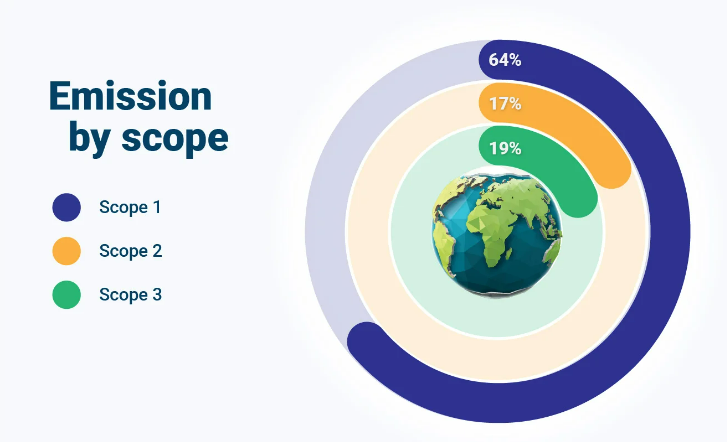
Road to zero emission
carbon
Transport emissions account for more than 24% of global carbon emissions, 72% of which are caused by road vehicles. By gradually replacing our vehicle fleet with low-emission vehicles, we aim to support the transition to a zero-emission transport sector, reduce air pollution and reduce our company's greenhouse gas footprint.
We have set ourselves annual targets for the transition to electric cars of up to 100% by 2025. We already achieved 49% in 2022 and 66% in 2023. In addition, the number of electric forklifts in Joris Ide Group grew from 20% of the total fleet in 2022 to more than 35% in 2023. And on top of that, we also switched from LPG to bioLPG for the forklifts in Belgium and France.

CO₂ emission results
carbon
- Scope 1 - Direct emissions: This scope includes the direct CO₂ emissions, which are caused by own sources within Joris Ide.
- Scope 2 - Indirect Energy emissions: Scope 2 emissions include, but are not limited to, the CO₂ emissions caused by the generation of the purchased electricity that Joris Ide consumes.
- Scope 3 - Indirect emissions: These are all indirect emissions that occur in Joris Ide's value chain, including both upstream and downstream emissions. That is, emissions during the extraction and production of fuels and the emissions released during waste processing.

Greenhouse Gas Emissions
carbon
The graph on the left shows the emitted CO₂ - equivalents, from scope 1 and scope 2, of the past 3 years in Joris Ide Group in absolute figures. Despite the increase in production and the acquisition of our newest site Alaco, in 2023, JI Group experienced a large decrease in greenhouse gas emissions in the past few years. This is due to the measures taken as part of our Planet Passionate policy: all sites still using non-renewable energy converted their contract to a renewable energy contract and many sites switched from LPG to BioLPG as fuel for the forklift trucks. Decarbonisation is also a major focus for the future. Over the next few years, the plan for the future is therefore to switch some panel lines, that are currently operating on fuel oil and natural gas, to operating on renewable fuels.
